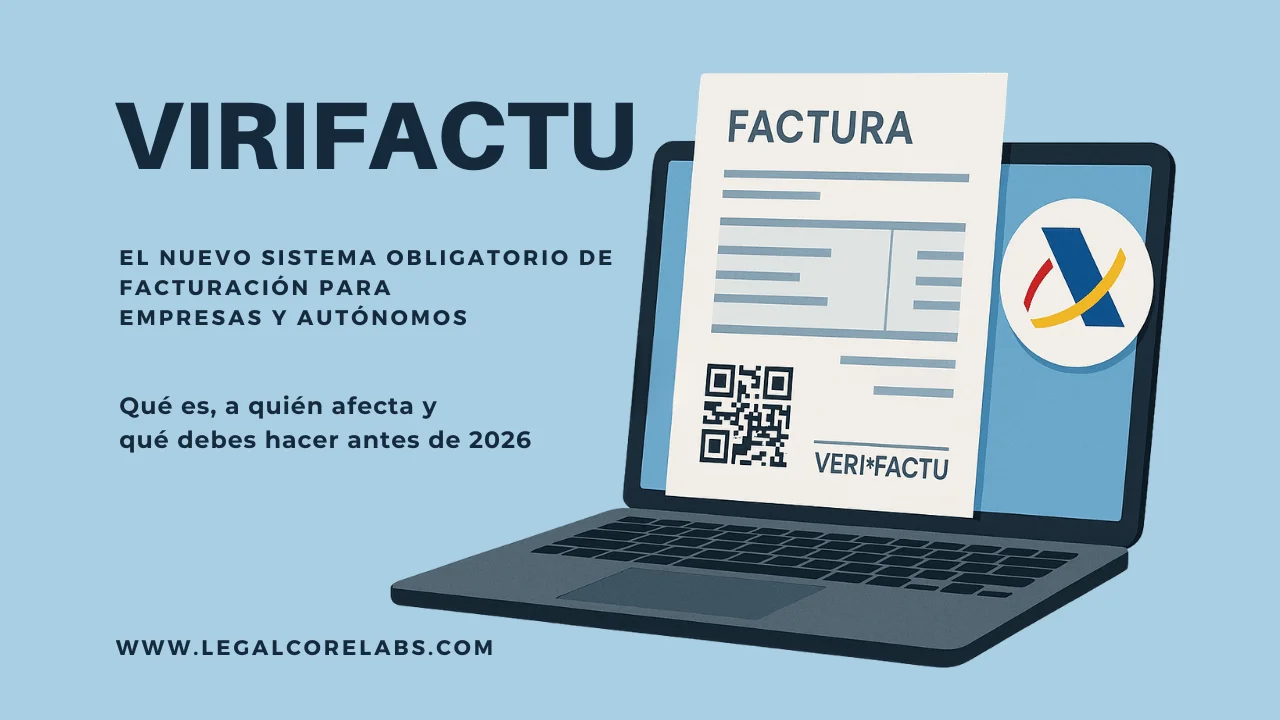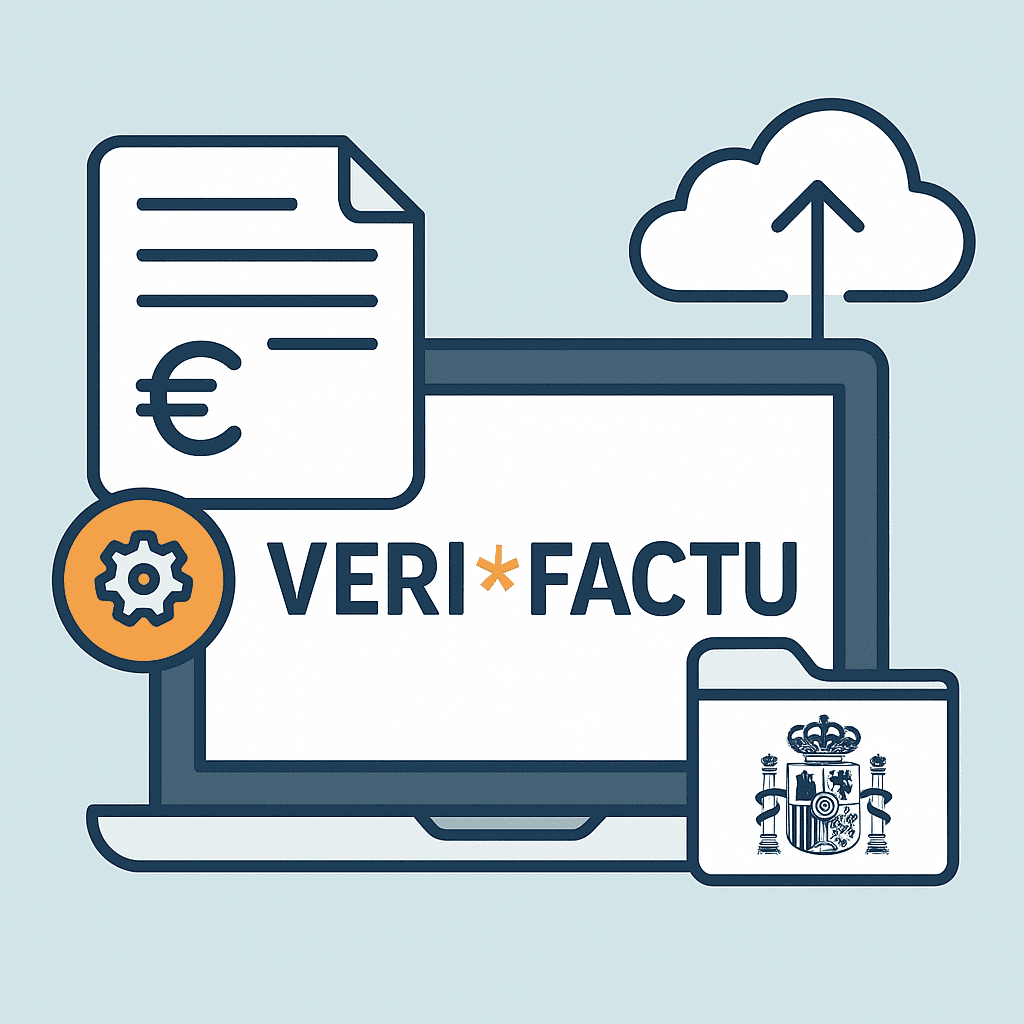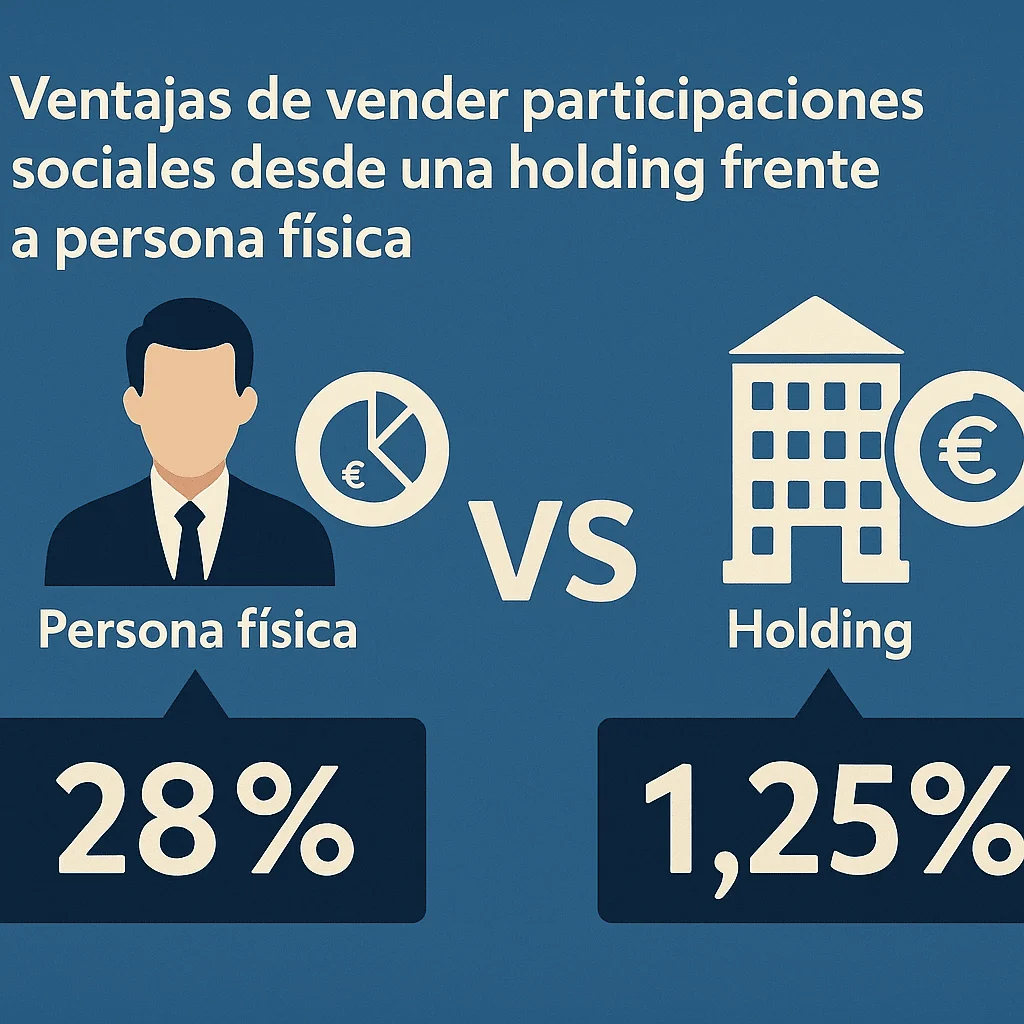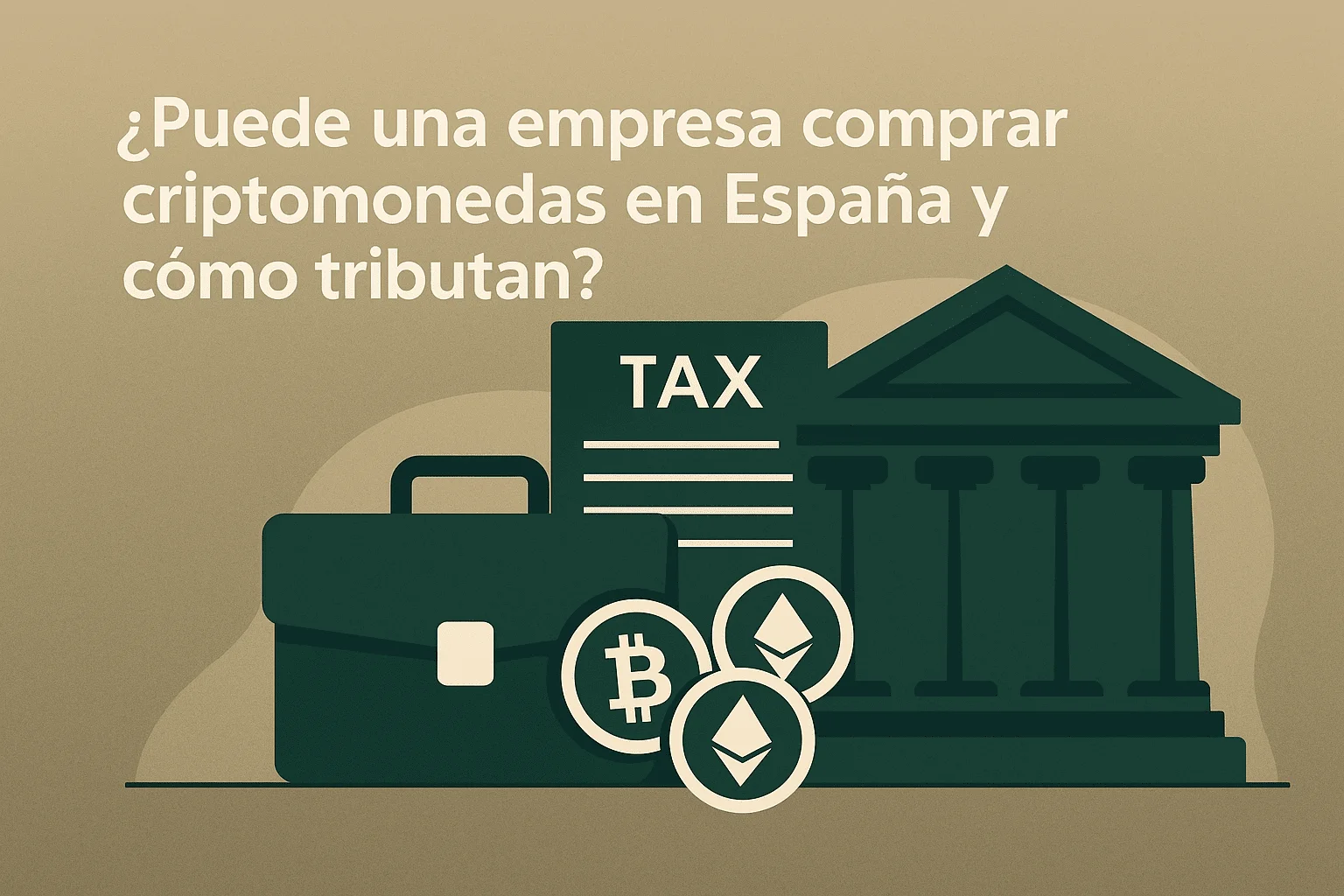Verifactu: the new mandatory invoicing system for companies and self-employed workers
The invoice will no longer be just for your client. From 2026, it will also be for the Tax Agency.
The Spanish Tax Agency has launched Verifactu, a real-time invoicing control system that requires companies and self-employed workers to digitize and automatically send their records to the AEAT. A technical, fiscal and operational change that will transform the way we invoice in Spain.
What does Verifactu really consist of? Is it mandatory for you? How does it affect your current invoicing software? Here we explain it in detail without unnecessary technicalities.
What is Verifactu?
Verifactu is the informal name for the system regulated by Royal Decree 1007/2023 and its regulatory development. It establishes the technical requirements that invoicing programs in Spain must meet to ensure that every issued invoice is verifiable, traceable, unalterable and accessible by the Tax Agency.
In essence:
- Every time you issue an invoice, your system will generate an unalterable technical record.
- That record must be sent to the Tax Agency in real time or almost immediately.
- Invoices must include a QR code and the VERI*FACTU mention.
- The Tax Agency will be able to verify any invoice instantly, with complete traceability.
Is Verifactu mandatory?
Yes. From 2026, it will be mandatory for the vast majority of companies and self-employed workers.
However, its implementation is progressive:
- 🏢 January 1, 2026: companies subject to Corporate Income Tax.
- 👤 July 1, 2026: self-employed workers and taxpayers subject to Personal Income Tax.
Additionally:
- Software providers have until July 29, 2025 to adapt their programs.
- The system does not apply to foral territories (such as Navarra or País Vasco) or to companies already covered by the SII (Immediate Supply of Information).
How does Verifactu work?
The process is clear, but with important technical requirements:
The software generates a secure invoicing record for each invoice (including rectifications or cancellations). That record must include:
- Unique code.
- Digital signature.
- Timestamp.
- Associated events (edits, cancellations, accesses...).
The system must guarantee:
- Integrity (non-modifiable).
- Traceability (event logging).
- Accessibility and readability.
- Preservation during the legal period (until tax prescription).
Sending invoices to the AEAT can be done in two ways:
- ✅ Automatic sending in real time (recommended Verifactu option).
- 🕓 Local storage, with possibility of subsequent sending if the Tax Agency requests it.
The automatic sending option guarantees full compliance with article 29.2.j) of the LGT and is preferred by the Administration.
What requirements must invoicing programs meet?
Invoicing systems must have:
- Responsible declaration from the manufacturer, guaranteeing compliance with the Verifactu regulation.
- Ability to issue invoices with QR code and "VERI*FACTU" legend.
- Unalterable record of events and complete traceability.
- Security against manipulations or alterations.
- Link with the AEAT API for direct sending if the automatic model is chosen.
How are Verifactu invoices identified?
Invoices issued under the Verifactu system will include:
- ✅ QR code with key data and digital signature.
- ✅ The legend: "Invoice verifiable at the AEAT electronic headquarters" or "VERI*FACTU".
- ✅ Technical record of the issuance event and any subsequent modification (cancellation, rectification...).
What's the difference between Verifactu and the Crea y Crece Law?
It's easy to confuse both systems because they both affect invoicing. But they're not the same:
| Verifactu |
Crea y Crece Law |
| Requires invoices to be verifiable by the Tax Agency |
Requires invoices to be electronic B2B |
| Affects all issued invoices |
Only affects business-to-business operations |
| Entry into force: 2026 |
Progressive entry, according to business volume |
| Controls traceability and sending to AEAT |
Obliges to leave paper behind |
Both regulations are complementary and will be applied cumulatively in many cases.
What happens if you don't comply with Verifactu?
The sanctions for non-compliance with the Verifactu system are not minor. The use of software that allows invoice alteration or that is not approved can result in sanctions of up to 50,000 euros per fiscal year.
Additionally:
- You may receive immediate information requests.
- Your systems could be fiscally questioned.
- Your invoicing will no longer be valid before third parties or the Tax Agency if it doesn't meet the requirements.
What advantages does Verifactu offer?
Beyond the legal obligation, Verifactu also offers clear benefits:
- ✅ Trust seal: your clients will know that you invoice transparently and legally.
- ✅ Savings in accounting processes: with all data integrated, tax filing can be automated.
- ✅ Greater traceability: you can follow the complete cycle of each invoice.
- ✅ Prevention of errors and fraud: duplications, alterations or unregistered cancellations are avoided.
- ✅ Real business digitization: you unify processes and reduce manual workload.
Do you need help with this topic?
From Legal Core Labs we can help you:
- Review or adapt your invoicing system to comply with Verifactu.
- Ensure compliance with the Technical Regulation and Verifactu Ministerial Order.
- Coordinate with your technology provider or software house.
- Resolve your doubts about integration with the AEAT, digital signature, record preservation and documentary obligations.
- Also comply with the Crea y Crece Law, if it applies to you.
We have specialized legal and fiscal team, and we work hand in hand with developers and accounting firms.
With Legal Core Labs, you don't just adapt: you anticipate and protect your business from day one.



